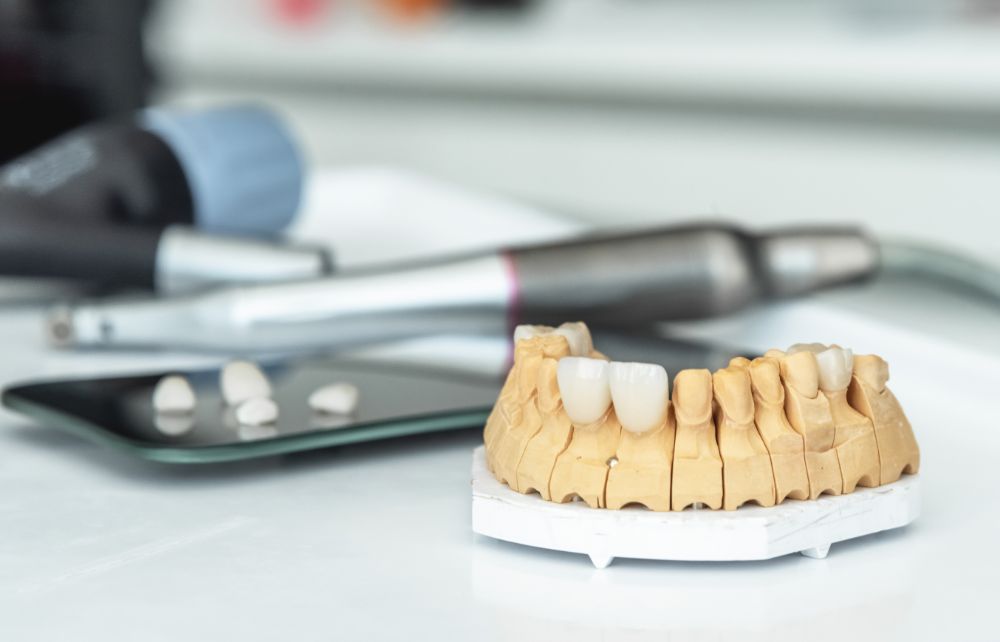Dental veneers have become one of the most popular dental devices used these days. In general, there are two types of veneers: composite and porcelain veneers. Porcelain veneers are commonly regarded to be the better of the two. This is attributed to their long life and translucency. When installed, they make all your teeth look even. They also don’t stain easily and look new for a long time. For the best effect, veneers have to be put in place by experienced dentists.
A common issue for most people wearing veneers is whether they cause bad breath or not and how to care for them. Depending on the type of veneer you choose and the expertise of installation, they do have the potential to cause bad breath. Fortunately, simple dental care will minimize this.
If you find yourself with bad breath after veneer placement, you only need to do the following:
Maintain Adequate Oral Hygiene
Poor oral hygiene is the leading cause of bad breath in people with veneers. This causes a buildup of debris and bacteria around your teeth. Anaerobic bacteria produce sulfur which is responsible for foul breath. To prevent this, clean your teeth properly, especially around teeth that have veneers. It’s advisable to brush each quadrant of the jaw for 30 seconds. You should also brush your teeth for a minimum of two minutes every morning and evening. Brush your teeth after each meal to get rid of the debris as soon as possible. Your toothbrush should not last for more than three months; change it after this duration. Also, learn how to floss properly when you have veneers to get rid of food debris between your teeth. Your dentist should advise you on the best way to do this. Brushing your teeth and flossing afterward should always be routine.
Gum Disease
Oral flora and fauna can infect the soft tissue in your gums. This can be associated with poor oral hygiene, but some people still get infections even if their oral hygiene is perfect. The latter usually have genetic defects or illnesses such as diabetes, which depresses the immune system. Signs of gum disease include tenderness, bleeding when brushing your teeth, and receding gums. The process of inflammation can therefore lead to bad breath. When you suspect that you may have gum disease, consult your dentist as soon as possible for the most ideal antibiotic treatment. The choice of drugs is individualized and buying over-the-counter antibiotics for gum disease is not recommended.
Tooth Decay
Veneers protect the tooth’s front surface but not the rest. With poor oral hygiene cavities can form on some teeth and if not treated early, tooth decay can set in. The process of tissue decay releases gases that cause bad breath. This has to be treated by an experienced dentist.
Poorly Fitting Veneers
Poorly fitted veneers cause bad breath too. The space between the veneers and the tooth hides bacteria as well as food particles. The latter can rot, releasing gases that cause bad breath. Having veneers fitted by experienced cosmetic dentists is the only way to avoid this.


